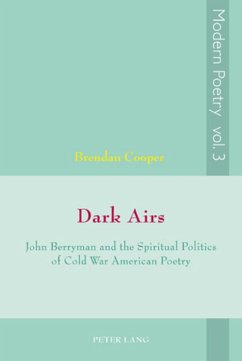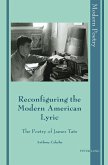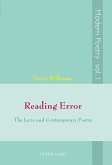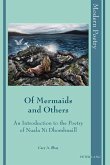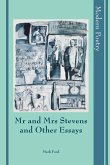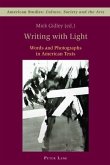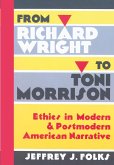In discussions of American poetry since World War II, the work of John Berryman has become increasingly neglected and marginalized. Critics have overwhelmingly chosen to favour the notion that he is an academic, 'establishment' poet whose career can comfortably be described as a move from New Critical traditionalism towards self-absorbed confessionalism. This study shows how such a narrow understanding of Berryman's work is reflective of a broader critical inclination towards a codification of the literary canon as a duel between competing factions of a formalist, establishment 'mainstream' and an experimentalist, countercultural 'avant-garde'.
By examining the extent to which Berryman's poetry engages with the complex religiopolitical climate of Cold War American culture, this study exposes the inadequacy of the paradigm of mainstream traditionalism in relation to his work. In doing so, it opens up threads of comparative possibility between his work and that of poets ordinarily segregated from him by divisive conceptions of the literary canon. As such, this volume provides a reconsideration of Berryman's work that simultaneously asks broader questions about the nature of the American poetic canon and established definitions of 'postmodern' poetry.
By examining the extent to which Berryman's poetry engages with the complex religiopolitical climate of Cold War American culture, this study exposes the inadequacy of the paradigm of mainstream traditionalism in relation to his work. In doing so, it opens up threads of comparative possibility between his work and that of poets ordinarily segregated from him by divisive conceptions of the literary canon. As such, this volume provides a reconsideration of Berryman's work that simultaneously asks broader questions about the nature of the American poetic canon and established definitions of 'postmodern' poetry.

